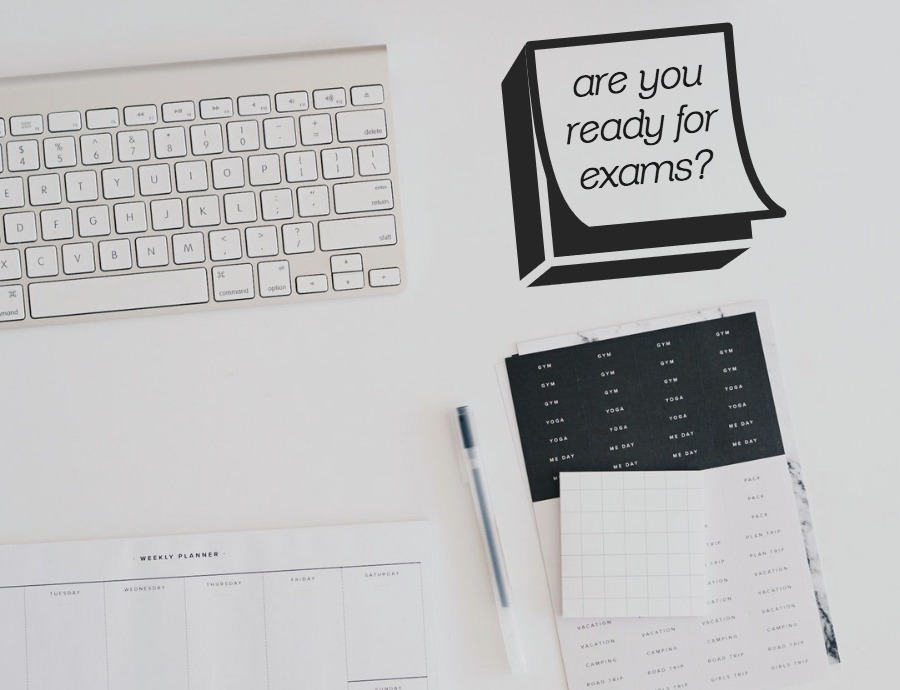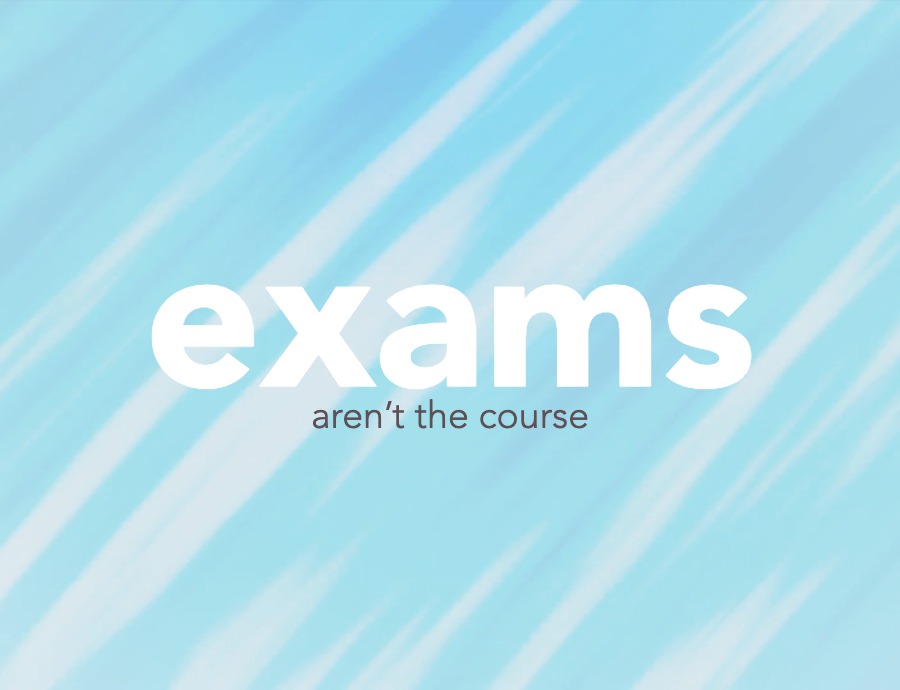You have, no doubt, a lot of readings by now. But just ploughing through the material isn’t enough. You need to learn it. After you’ve read it, you have to know it. You can’t let your mind “shut off.” You need to engage, question, and learn, and you need to be strategic about what material you let into your short term and long term memory banks. You need to read smarter. Here’s how to do it.
It’s important to study smart, and it’s equally important to read smart. Make sure that you use your time wisely by focusing on the important information, and by keeping your mind active and engaged. Don’t forget that you have another ally – check out Prep101.
- Start by skimming and planning. Skim first to figure out which sections are most important, and from there you’ll decide where to spend your time, which sections to read carefully, and which sections require notes. Do this quickly – don’t read whole paragraphs, but do pay attention to headings, subheadings, introductions and conclusions.
- Stop and consider how this material relates to what you’ve already learned in class. Get your mind revved up. Think about what came before this reading? Ask yourself how this material builds on it.
- Flag important sections. If a section seems to be vital to the course, flag it. Draw an exclamation mark in the margin to remind yourself to slow down for this section in your focused reading later.
- Next, read more slowly, with questions. The key to not allowing your mind to wander is to actively engage with the material. Treat it more as an active dialogue than as a passive exercise by asking questions of it as you go. Does it make sense? How would you explain it to a classmate? How would you explain it to a novice?
- As you read, anticipate where the textbook will go next. Do this on several levels. Will the authors show discuss proof, examples, definitions? How will the professor and the textbook build on the material itself?
- Make connections and draw links as you go. How does this chapter link with the chapters that preceded it? How will this information link with the topics that follow in the syllabus?
- Write down only what’s important. Make sure that you don’t take too many notes. You should understand, by now, what’s important. Be protective of your time and effort, and only store the most important information. Before you write down anything, ask yourself whether you’ll absolutely need the information.
- Write questions in the margins. Make sure that you understand all the information, particularly in the important sections, so write down any questions that you have as you go. Additionally, try to write down “review questions” of even material that you do understand. Asking yourself specific questions as you read will keep your mind active and paying attention. Answering them later will help you study. Asking classmates, TAs and professors later will help you remember the material as well.
It’s important to study smart, and it’s equally important to read smart. Make sure that you use your time wisely by focusing on the important information, and by keeping your mind active and engaged. Don’t forget that you have another ally – check out Prep101.








